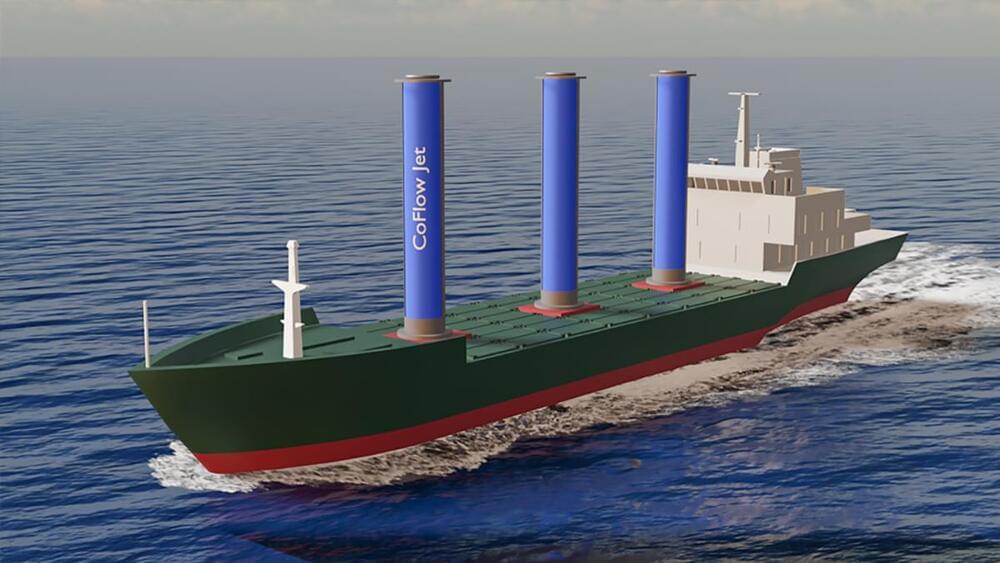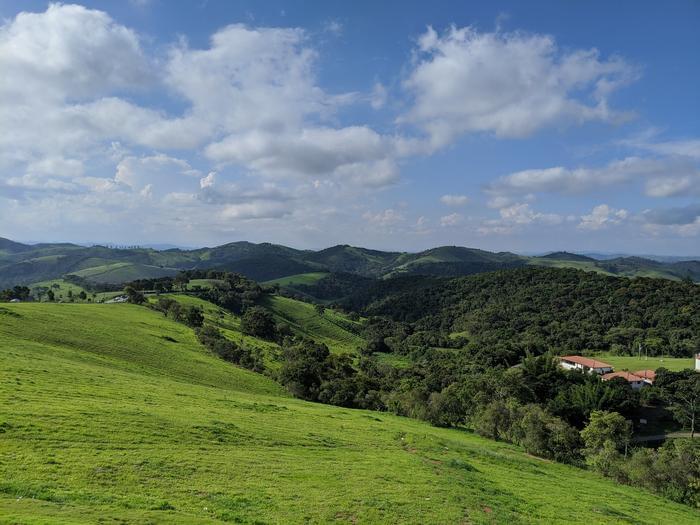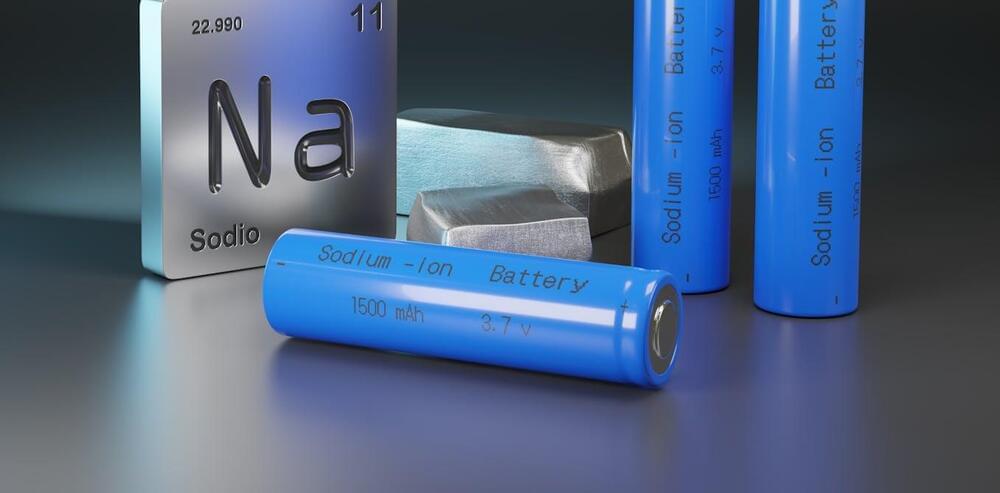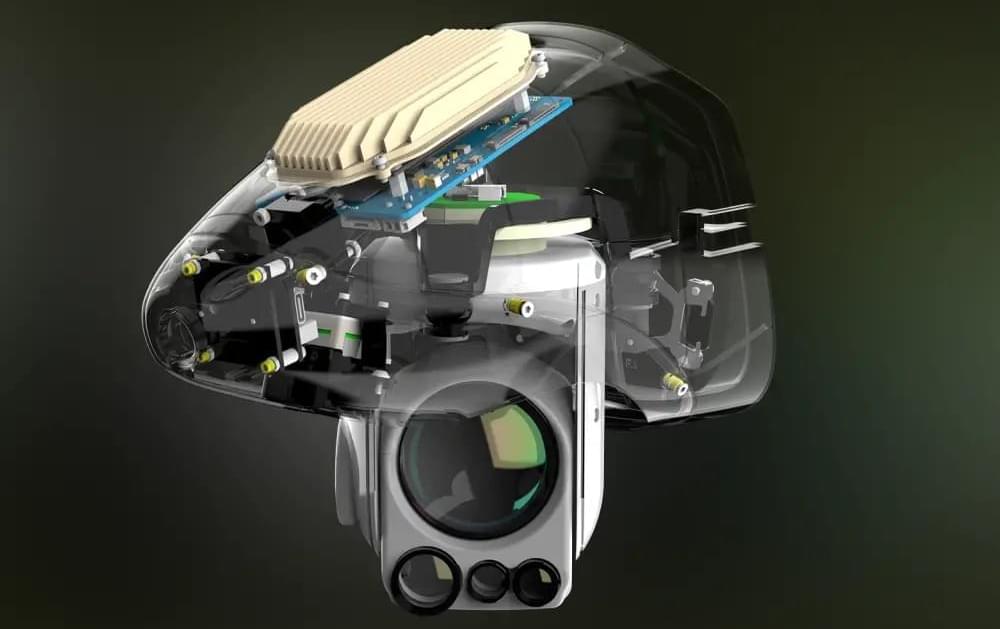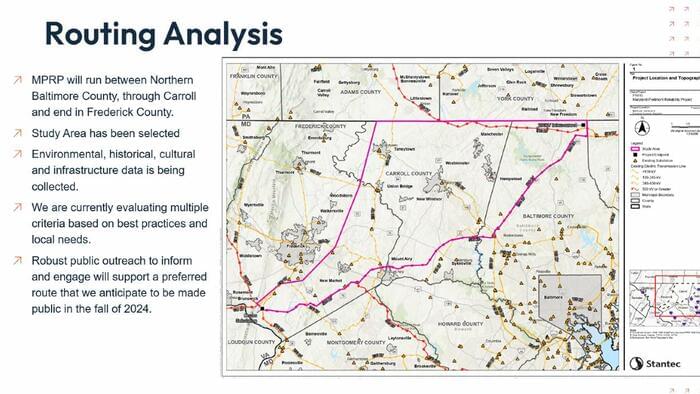Aug 1, 2024
Cylinder sails promise up to 90% fuel consumption cut for cargo ships
Posted by Genevieve Klien in categories: energy, government, transportation
Looking like a set of bridge supports that were accidentally installed on a cargo ship, a new wind-driven system by startup CoFlow Jet promises to reduce ship fuel costs by up to 90% using stationary cylinders with no moving parts.
Between rising fuel costs and increasing government mandates requiring shipping companies to go carbon neutral by 2050, there’s a strong push to increase the efficiency of cargo ships while reducing their emissions. One way of doing this is to take a page from the history books and readopt sails to harness the wind.
Continue reading “Cylinder sails promise up to 90% fuel consumption cut for cargo ships” »
